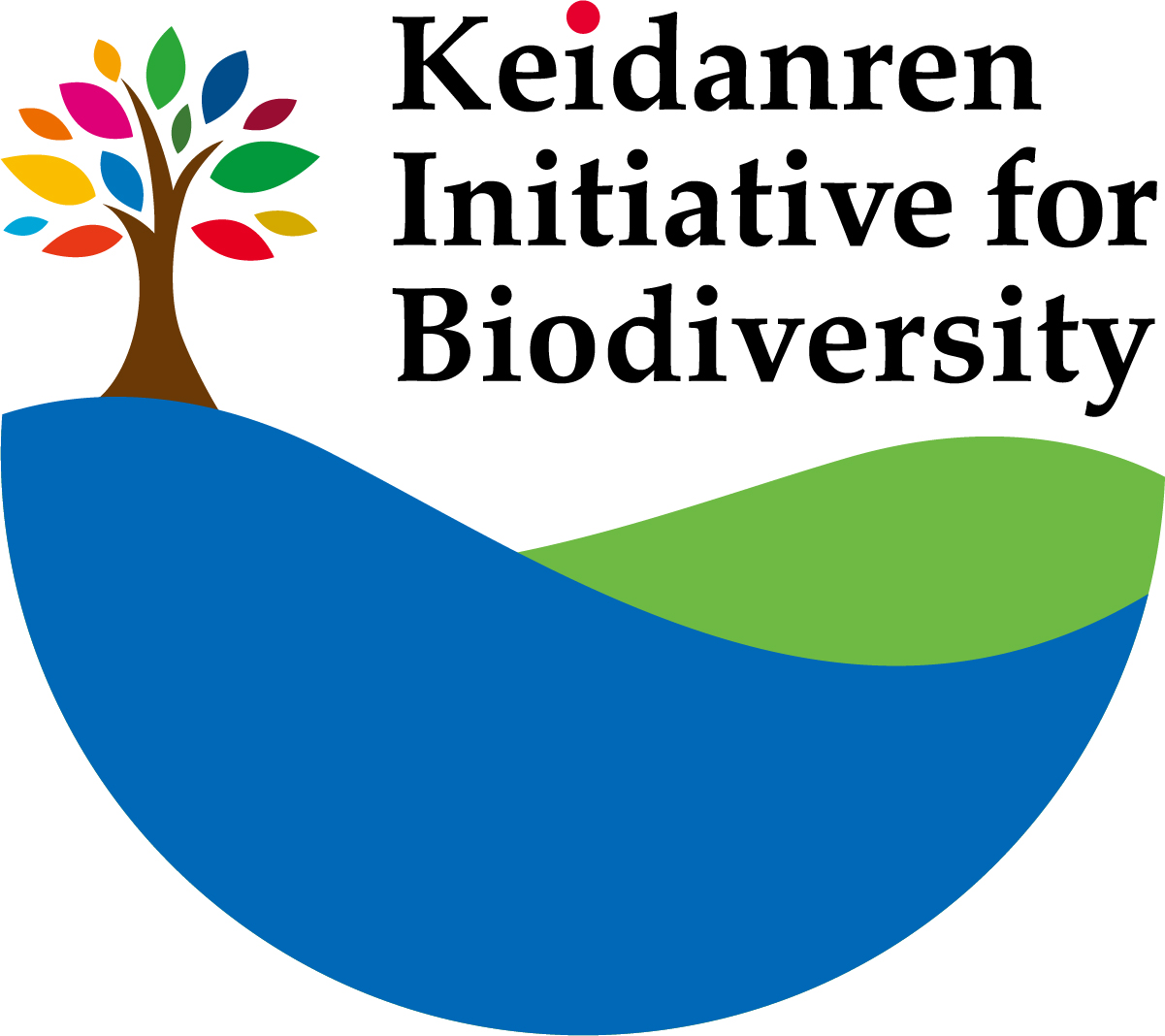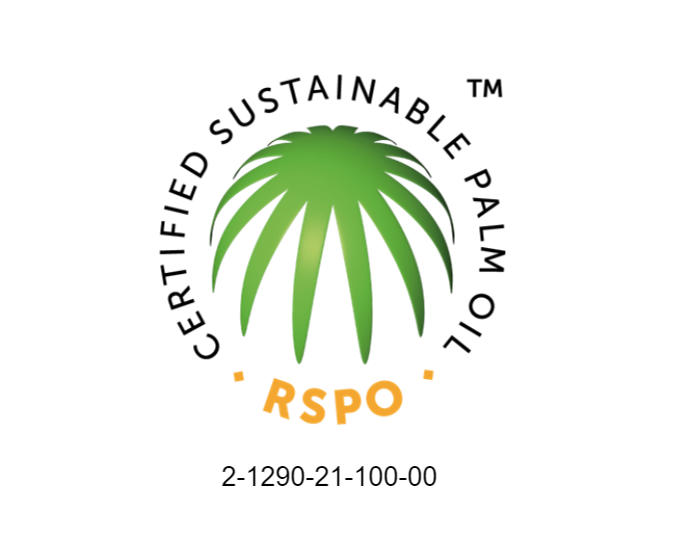The Sanyo Chemical Group recognizes that our business activities that manufacture and sell chemicals have a negative impact on biodiversity, such as the consumption of natural capital and the emission of GHGs and hazardous substances, but also have a positive impact by contributing to the reduction and improvement of environmental impact by the products we provide. In our procurement and production activities, we strive to reduce any impact that may indirectly lead to the loss of biodiversity by reducing our use of hazardous substances, using biodegradable materials, and not using endocrine disruptors (environmental hormones). In addition, for genetically modified organisms handled in product development, we ensure biosafety so that organisms do not spread to the environment.
Policy
We will deepen our understanding and appreciation of conservation of biodiversity and promote activities with due consideration for biodiversity. (From the Management Policy Concerning Responsible Care)
≫ Management Policy Concerning Responsible Care (RC)
Action Policy Concerning Biodiversity
With the acknowledgement that business affects biodiversity, our Group will deepen the understanding and acknowledgement of the preservation of biodiversity and promote our activities with consideration for biodiversity.
- We will develop products in consideration of the environment and contribute to the preservationt of biodiversity through the provision and diffusion of those products.
- In the procurement of materials, raw materials, office supplies, and others, we will give consideration to the preservation of biodiversity.
- We will reduce the environmental loads, such as the emissions of greenhouse gases, utilization of water resources, and release of chemical substances and waste, from the workplaces so as to alleviate their impact on biodiversity.
- All of our employees will enhance the understanding and acknowledgement of biodiversity and try to enhance the awareness of the preservation of biodiversity.
- We will promote efforts in cooperation with the local community.
System
The biodiversity promotion system is a part of the sustainability promotion system.
Awareness-raising and Training
The Sanyo Chemical Forestry Project, which is being carried out by Sanyo Chemical and the SANYO CHEMICAL Foundation for Social Contribution in Wazuka Town, Soraku District, Kyoto Prefecture, involves forest maintenance and nature observation events held about twice a year for employees and their families. By providing opportunities to interact with nature, we aim to raise employees' awareness of biodiversity.
Since 2010, we have incorporated a curriculum on forestation activities into the training of new employees, so that they can experience it at least once after joining the Company. Since the start of the program in 2009, a cumulative total of 2,210 employees have participated, including a cumulative 638 new employees through new-employee training. In addition, we are raising awareness of biodiversity by distributing the in-house newsletter “Forest Maintenance News,” which contains basic articles on activities and biodiversity, posted on our intranet.
Supported Initiatives
In order to fulfill our social responsibilities as a Company, respond to the demands of society, and contribute to the realization of a sustainable society, the Group participates in the following initiatives.
Initiative for the Declaration of Biodiversity by Keidanren, Japan Business Federation

Roundtable on Sustainable Palm Oil (RSPO)

Efforts Guided by Our Activity Policy
Contribution Through Products
We develop and market product groups that contribute to reducing the impact on biodiversity in the product life cycle with aspects such as energy saving and energy efficiency improvement, high durability and longevity (resource saving), water conservation, removal of hazardous substances, non-use of hazardous substances, and biodegradability.
Even at the product development stage, when synthesizing proteins using genetically modified organisms (GMOs), we rigorously ensure biosafety so that organisms do not spread into the environment.In the Agri-Nutrition (agriculture) field that we are newly developing, we are exploring ways to deliver essential components for plants (e.g., peptides and amino acids) efficiently to maximize plants’ inherent yield and quality potential, thereby reducing the use of fertilizers and pesticides that impose high environmental burdens. Reducing the use of fertilizers and pesticides is expected not only to lower the environmental burdens associated with their manufacturing, but also to mitigate impacts on non-target organisms caused by excessive use.
Consideration in Raw Material Procurement
Since our founding in the surfactant industry, we have handled bio-based raw materials such as fats and oils.
Afterward, as we expanded into the petrochemical industry, the proportion of bio-based raw materials decreased, but we still use a considerable amount of bio-based raw materials today.
We know whether the raw materials we use are bio-based or not, and the biological species they originate from.
We purchase oils and fats, high-end alcohols, and fatty acids (derivatives) derived from oil palm, coconut palm, rapeseed, soybeans, cattle, and pigs.
Starting in FY2023, we began procuring palm oil-derived raw materials that have been RSPO-certified as raw materials for cosmetics.
The Group clearly indicates and presents biodiversity conservation and sustainable use in the Sustainable Procurement Guidelines to suppliers for their understanding, and checks the status of suppliers through CSR questionnaires.
Reduction of Environmental Impact
We are striving to reduce risks to biodiversity through activities to reduce environmental impact in line with our Environmental Action Plan, environmentally friendly chemical composition design of our products, and the provision of compliant products.
Raising Employee Awareness and Collaborating with Local Communities
We fund to the Forest Creation Fund of the Kyoto Model Forest Association and contribute to the healthy development of forests through a tree thinning project in the Yubune area of Wazuka Town, Soraku District , Kyoto Prefecture. This project, which is being carried out in Kyoto Prefecture where our Head Office is located, contributes to the conservation of organism species, increase in CO2 absorption by forests, water source cultivation, and flood prevention.
The Sanyo Chemical Forestry Project, which is being carried out in cooperation with the local town of Wazuka and others, aims to raise employee awareness of biodiversity while fostering communication with the local community.
San Chemical Co., Ltd. has been engaged in nature conservation activities through rice cultivation at Futago Tanada (Futago terraced rice fields) in Chiba Prefecture.
In addition, we make annual donations to the Keidanren Nature Conservation Fund through the SANYO CHEMICAL Foundation for Social Contribution to support nature conservation projects by NGOs that contribute to biodiversity.